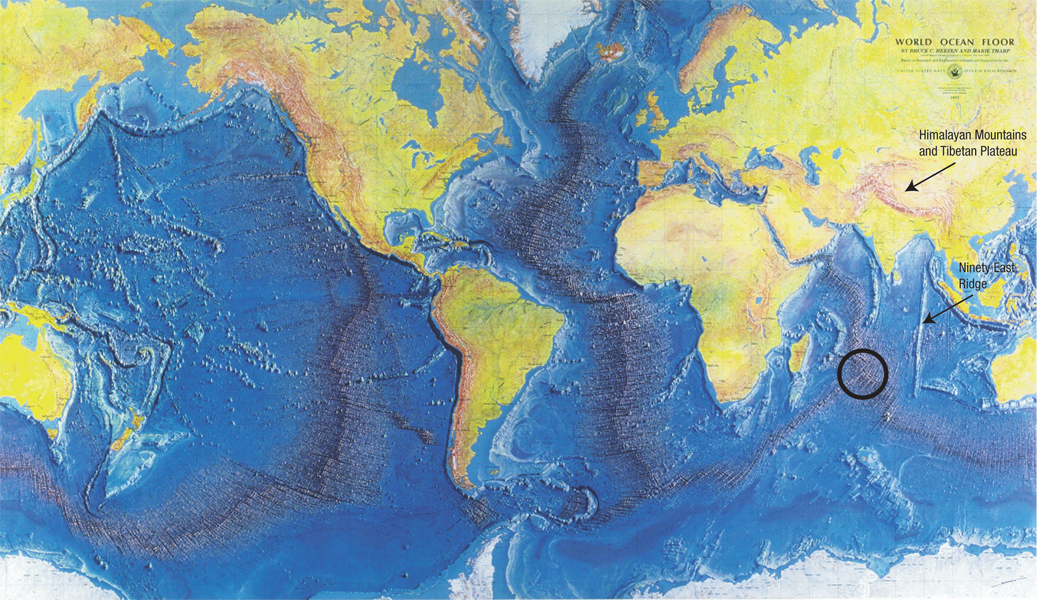Mud from rivers into the oceans
The mouths of all rivers from around the globe, only have approximately 4,500 years worth of deposits. If the tectonic plates moving the Continents were initiated 120 million years ago as evolutionist believe, then why isn't there a sufficient amount of sediment deposits flowing from the mouths of rivers into the oceans/gulfs/seas to support this very old age. Why is there only about 4,500 years worth of sediment deposits?
In addition, as the tectonic plates moving the continents, broke apart and South America broke apart from Africa, why doesn't the amazon leave a trail of deposit from the Mid-Atlantic ridge to it's current position? And like wise the Mississippi river as well?
Since the tectonic plates moving the continents are traveling at a rate of 1.5 inches per year and this rate is slow enough to establish river deltas today, then why didn't they leave a trail of sediment as the continents moved?
My hypothesis is that the tectonic plates moving the continents moved very quickly within 1 years time, instead of over 120 million years time. When? About 4500 years ago at the time of Genesis 7 Flood. Where God caused the fountains of the deep to burst violently out of the earth and rain down upon the earth for 40 days and 40 nights. This fast break up of Pangaea at the Noah's flood, caused the Indian tectonic plate to crash into the Asian plate and force the mountains up to form the Himalayas.

In addition, as the tectonic plates moving the continents, broke apart and South America broke apart from Africa, why doesn't the amazon leave a trail of deposit from the Mid-Atlantic ridge to it's current position? And like wise the Mississippi river as well?
Since the tectonic plates moving the continents are traveling at a rate of 1.5 inches per year and this rate is slow enough to establish river deltas today, then why didn't they leave a trail of sediment as the continents moved?
My hypothesis is that the tectonic plates moving the continents moved very quickly within 1 years time, instead of over 120 million years time. When? About 4500 years ago at the time of Genesis 7 Flood. Where God caused the fountains of the deep to burst violently out of the earth and rain down upon the earth for 40 days and 40 nights. This fast break up of Pangaea at the Noah's flood, caused the Indian tectonic plate to crash into the Asian plate and force the mountains up to form the Himalayas.

